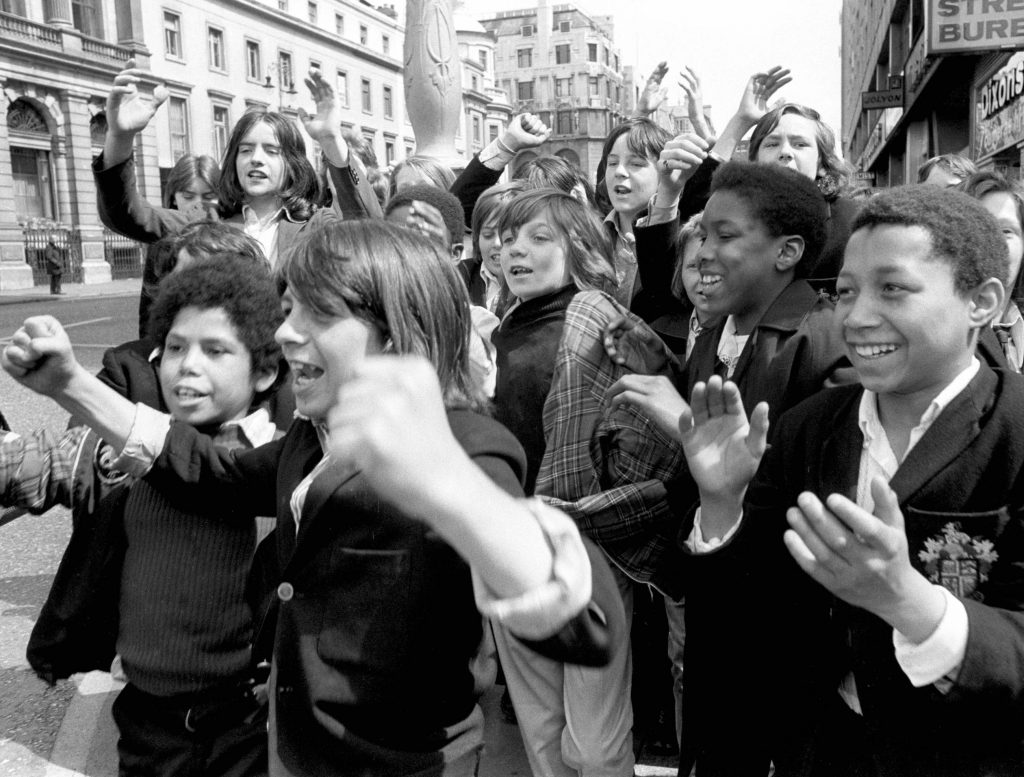I was at a virtual book launch for Liz Lefroy’s I Buy a New Washer (and Other Moderate Acts of Independence) the other evening. Reading from her book, Liz stressed the importance of gaps and spaces in poetry:
The gaps between the words are pretty much the point and attraction of poetry.
Thinking about leaving gaps on the page reminded me of an incident from my childhood. The 1960s, of course, was a time of love and peace. It was also a time when teachers would regularly beat the children in their charge with canes, belts and gym shoes.
The incident which came back into my mind was when the Head at my primary school caned me on both hands. My crime was ‘wasting paper’. Apparently, I left too many gaps when writing in my exercise book and needed a new one more often than was acceptable. That was back then, of course, and things were different. But, despite the campaigning of kids, parents and teachers, corporal punishment did not actually end in British state schools until 1986.
A couple of years ago I noticed my headteacher’s obituary. I read about what a wonderful and inspiring man he was and how much money he raised for charity. There was no
mention
of his
violent dislike
for gaps
on the written
page.
Picture courtesy of Jacobin


What a sad story. I remember at the boys’ grammar school I attended in the sixties a culture of corporal punishment for minor transgressions. One teacher used a gym shoe as a weapon for vigorous smacks on the backside; the bullish gym master took boys round the back of the gym for a similar bashing. I was caned on the hand by the headmaster for being caught stuffing a crisp back behind a pipe in the corridor (I suppose it was bravado on my part, in front of friends). It was very painful and taught me only that adults were vindictive. But to be punished for leaving gaps terrible.
It’s incredible to think that society at that time thought this was an appropriate way to treat its children
Your headteacher was clearly no poet. I am always surprised when I hear of teachers who don’t seem to like children very much.
Thanks for the book mention.
Thanks Liz.